‘Robbed of potential’: One man’s love letter to Zimbabwe
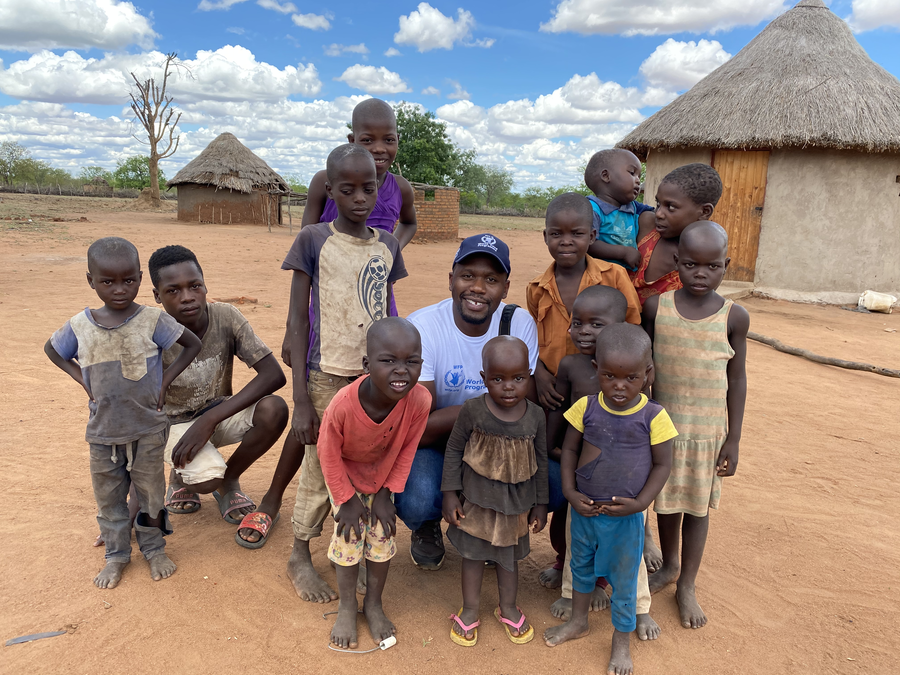
By Tatenda Macheka
I was born and raised in Zimbabwe, where more than half of the population— 7.7 million people — are currently struggling to feed themselves because of the ongoing drought.
The country's culture and history are part of me. When Zimbabwe experienced the El Niño-effect drought in 2016, I was working for WFP as a communications assistant. I was one of the first on ground at one of the hardest-hit areas in Mwenezi District, 430 km south of the country's capital, Harare, to collect story content and record what was going on.
‘For people like us, cattle are everything … the low-hanging fruit in rural Zimbabwe'
El Niño — described as "a short-term period of warm ocean surface temperatures in the tropical Pacific … stretching from South America towards Australia" — destroyed harvests and dried wells. The drought decimated millions of livelihoods dependent on rain-fed agriculture, slashing incomes and the capacity of farmers to feed themselves.
I never thought what I saw while on that mission would get worse. Fast-forward to 2020, Zimbabwe is experiencing one of the worst droughts in history and I find myself in the same place and call of duty again.
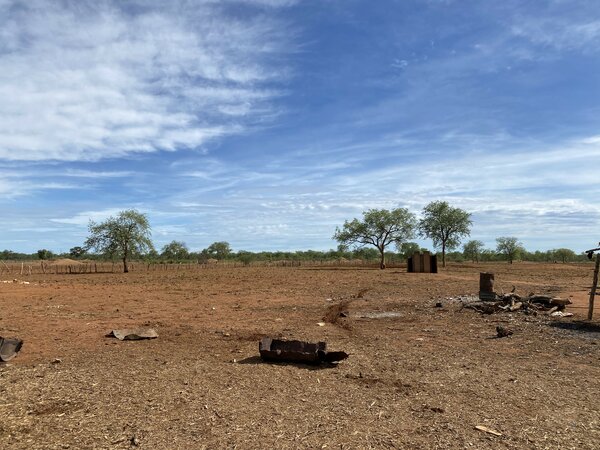
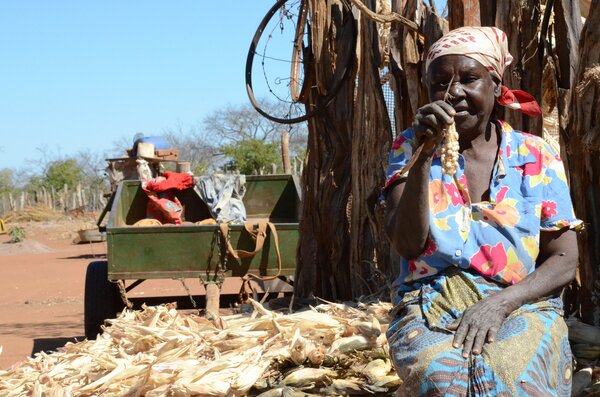
As we approach the first village on the Harare-Beitbridge Highway, I see vultures circling overhead. This reminds me of what we were told in folktales when we were young — it signals a dead animal close-by.
At the first house we come across, I see cattle on their knees, unable to stand. We stop the car and the owner comes running towards me smiling. Typical Zimbabwean hospitality — we are always friendly even when we are in a difficult situation. Ubuntu (humanity) is one of our cultural values, taught in homes and drilled into you in schools. The man welcomes us into his home. His face does not show any signs of grief.
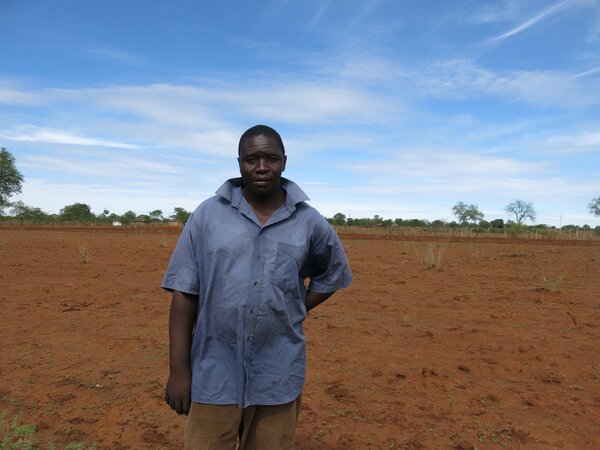
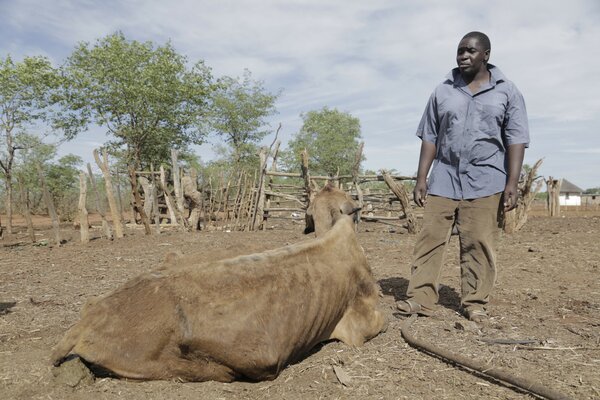
"I used to have 23 beasts," says Makogo Hatigoni. "Yesterday the 11th one died. Six are critical and might fall dead any time now. If I am lucky, I might be left with six cattle". He then looks directly into my eyes and says: "I worked for these cattle since 1999 and I have lost almost everything in the blink of an eye, just like that".
He looks away to hide his tearful face. My heart sinks.
Makogo's clearly been hit hard and is putting on a brave face. For people like us, cattle are everything, one of our biggest investments. They offer rewarding returns when they breed well. Cattle are the low-hanging fruit in rural Zimbabwe, not least in Mwenezi District.
What strikes me the most is his honesty and incisiveness. "This is not my village or my neighbour's fault — it is climate change and we have to adapt," he says. "We Zimbabweans will always find a way out of any crisis, it's a trait of ours."
As I said my goodbyes to Makogo and his family, I sit in the car drowned in deep thought. How will he cope? In Zimbabwe, cattle are a source of wealth and pride. So much is invested in them that losing a whole herd one after the other is too much to bear. "Probably after all my cattle are gone, I'll be the next to go" — Makogo's words carry an echo for me long after I leave him.
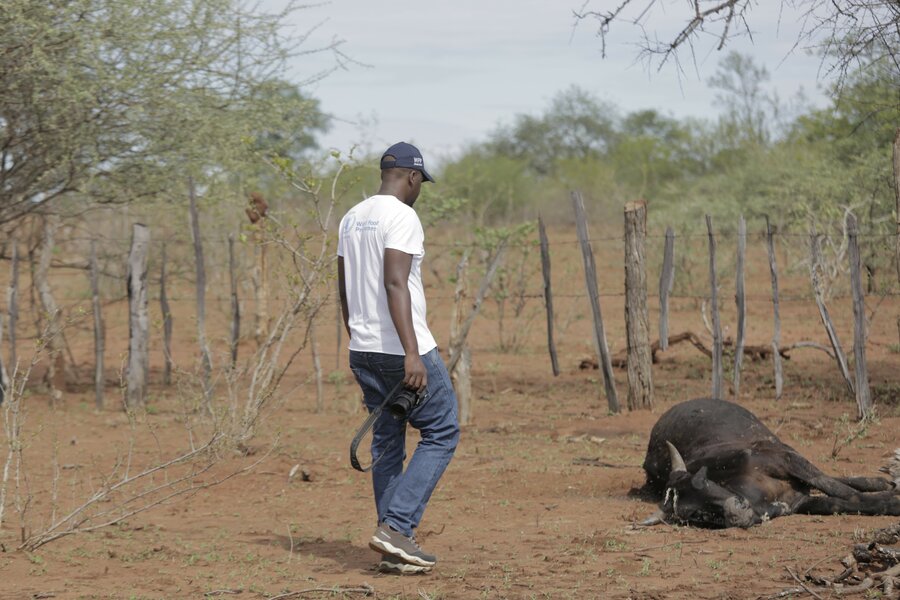
We've seen the food insecurity statistics in Zimbabwe, but sometimes it is hard for us to comprehend them. Hunger in Zimbabwe is real and so is the scarcity of options left for Zimbabwe's people. Many are forced to switch from nutritious food to cheaper staples. However, this can rob people — especially children aged under 2— of both their mental and physical potential.
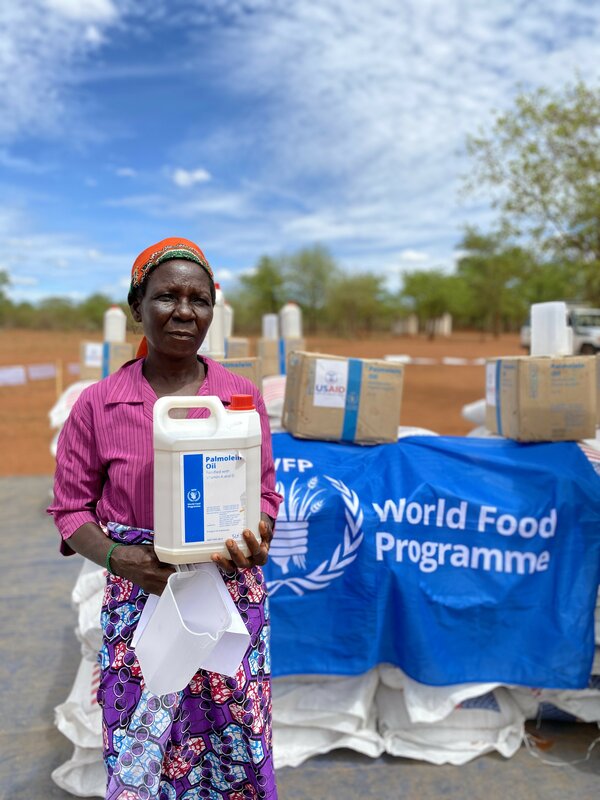
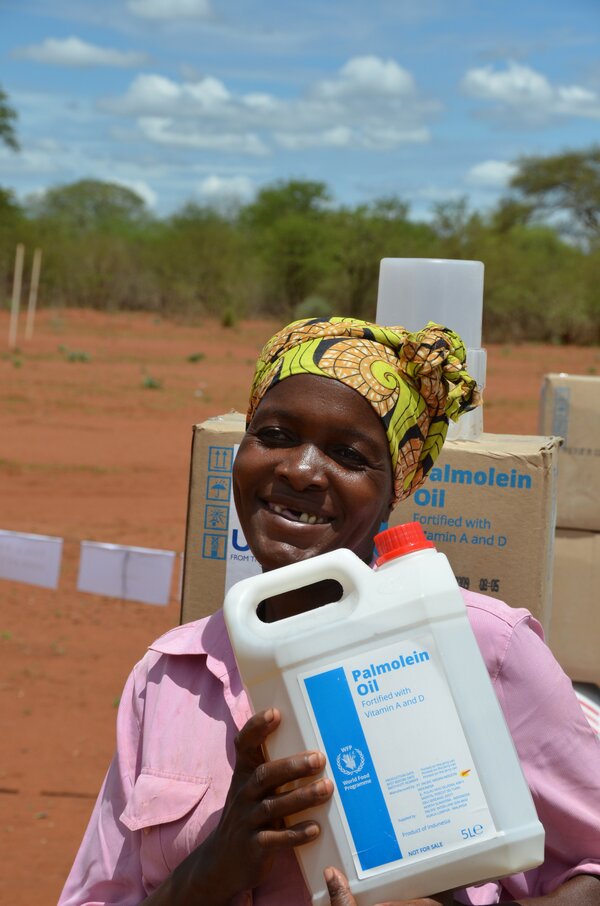
My years of experience at WFP have taught me that hunger is a complicated enemy. It has many faces. And when a problem is complicated, the solution is never easy. Reaching zero hunger by 2030 needs a multifaceted approach and we need to continue joining hands with the Government of Zimbabwe and our partners: the Food and Agriculture Organization, UNICEF, the UN Population Fund and Zimbabwe's Food & Nutrition Council.
Having seen all this, talking to mothers, young girls and communities leaders, I look back and think to myself why I love this job. I feel the nostalgia of how WFP is often the first responder to events such as last year's Cyclone Idai. Each time I hold my camera, everyone smiles at me, young kids wave at me. I often hear some whispering: "We want to be like you when we grow up."
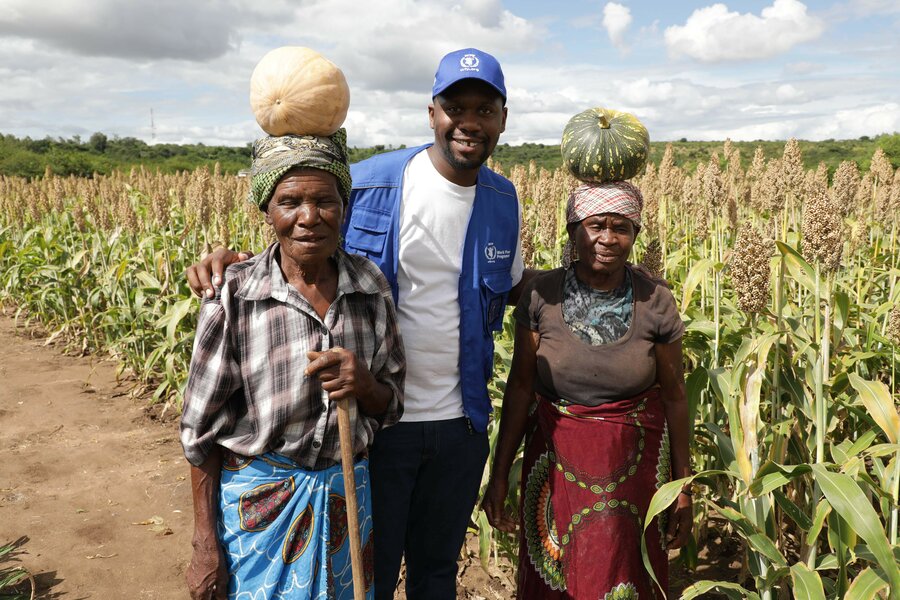
Some say my job is to be the voice of the voiceless, but I disagree. I think our job as humanitarians is to amplify the voice of those who are not heard to be heard, those of the people we serve.
My job becomes very key in this drought Zimbabwe is facing: to tell the world that there is a young girl or boy who wishes to be a pilot, only her or his dreams are shattered before they even get a chance to make it past first grade. Though I feel at times I might not be doing enough, telling the world/ that someone needs help keeps me motivated to keep doing more and to tell the true Zimbabwean story.
The task at hand is a bold and ambitious one and we cannot do it alone. Despite all the sad faces, what motivates me is how hopeful the communities are and how privileged I am to be able to help my people.
